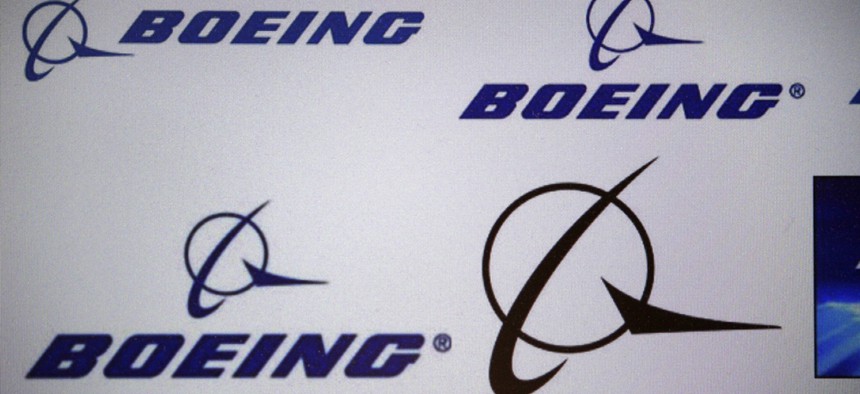Boeing Is Making a Spy Phone That Self-Destructs

360b/Shutterstock
The hardware specs are said to be exempt from FOIA requests because of 'trade secrets' and national security.
Boeing has filed papers with the FCC to develop a smartphone for people in the business of secrets. The phone, simply called “Black,” will run an Android-variant operating system, be compatible with other technology, and—like any good spy phone—will self-destruct if you try to figure out its secrets.
This filing comes two years after the original news leaked that the company was working on the smartphone, which will support all the world’s major communications (GSM, LTE, and WCDMA), storage (USB, HDMI, SIM), and wireless (Bluetooth, Wi-Fi) standards.
What it won’t support is any snooping, journalistic or otherwise. Boeing is claiming that its hardware specs are exempt from Freedom of Information Act (FOIA) requests because they contains “trade secrets” and are vital to national security. Anyone who is issued a Boeing Black will have to agree in a non-disclosure agreement to stay mum about the phone’s hardware, software, performance, applications, and anything else Boeing decides is “proprietary information.” And the filing has this message for anyone who tries to circumvent those bureaucratic channels:
The Boeing Black phone is manufactured as a sealed device both with epoxy around the casing and with screws, the heads of which are covered with tamper proof covering to identify attempted disassembly. Any attempt to break open the casing of the device would trigger functions that would delete the data and software contained within the device and make the device inoperable.
Boeing, primarily an aerospace company, is a huge contractor for US aircraft and combat systems, so it’s not terribly surprising that the company would move to develop a secure platform for mobile communications. What really prompted the need for the new phone, however, was BlackBerry’s nosedive. In 2013, Boeing still had over 40,000 employees using BlackBerries, and the secure platform has long been a favorite for both government employees and those who did business with it.
This article was reprinted with permission from Quartz. Read the original here.
(Image via 360b / Shutterstock.com)






